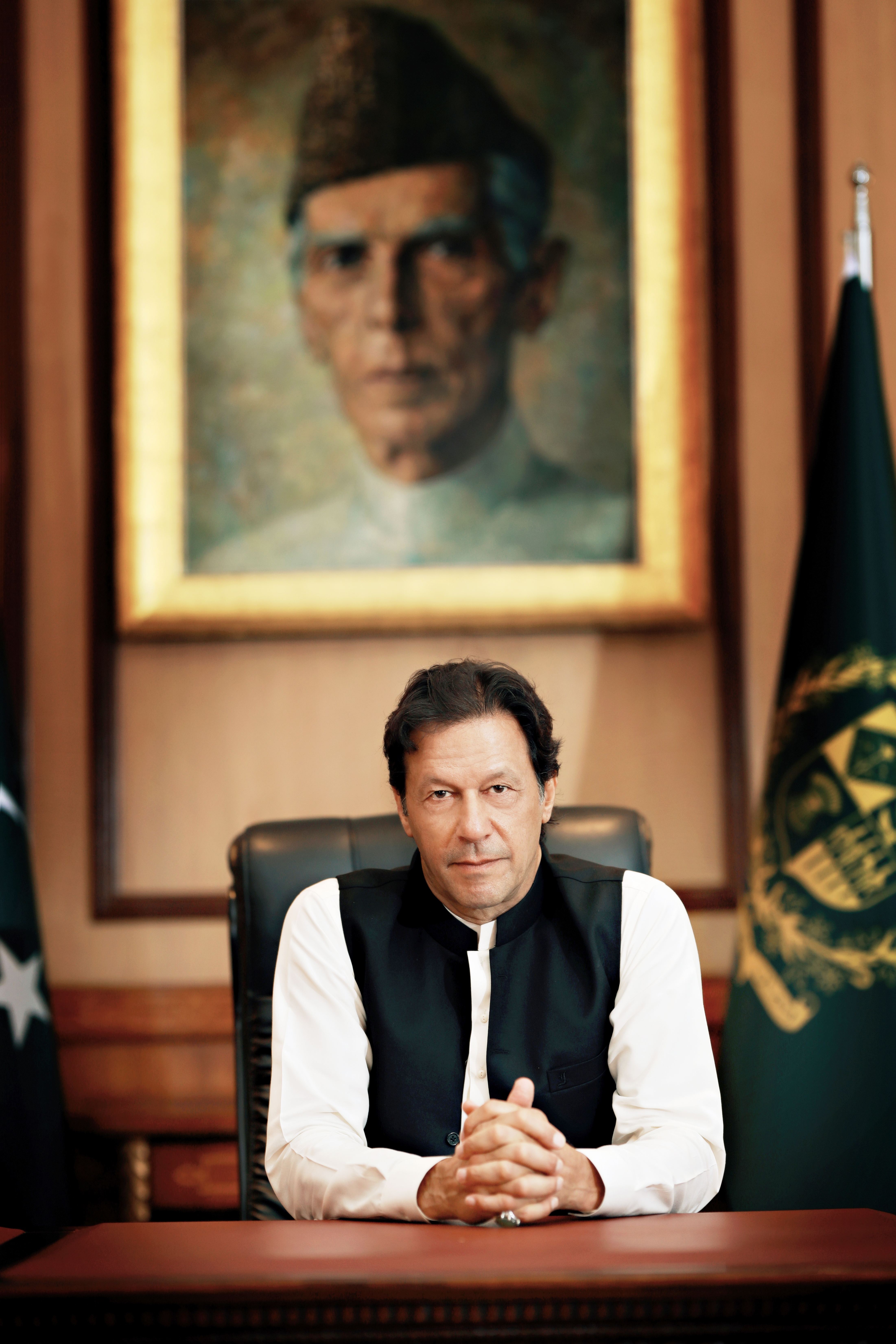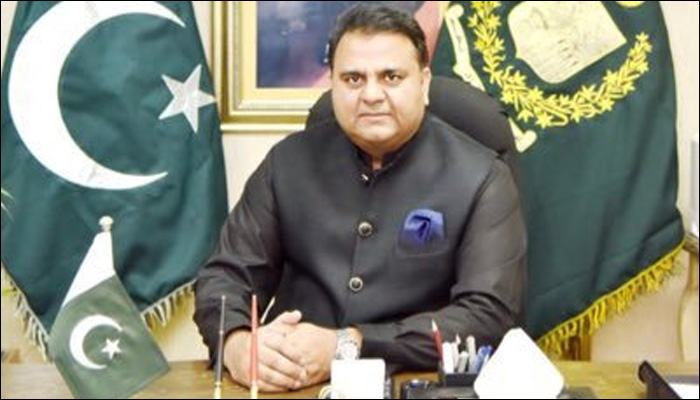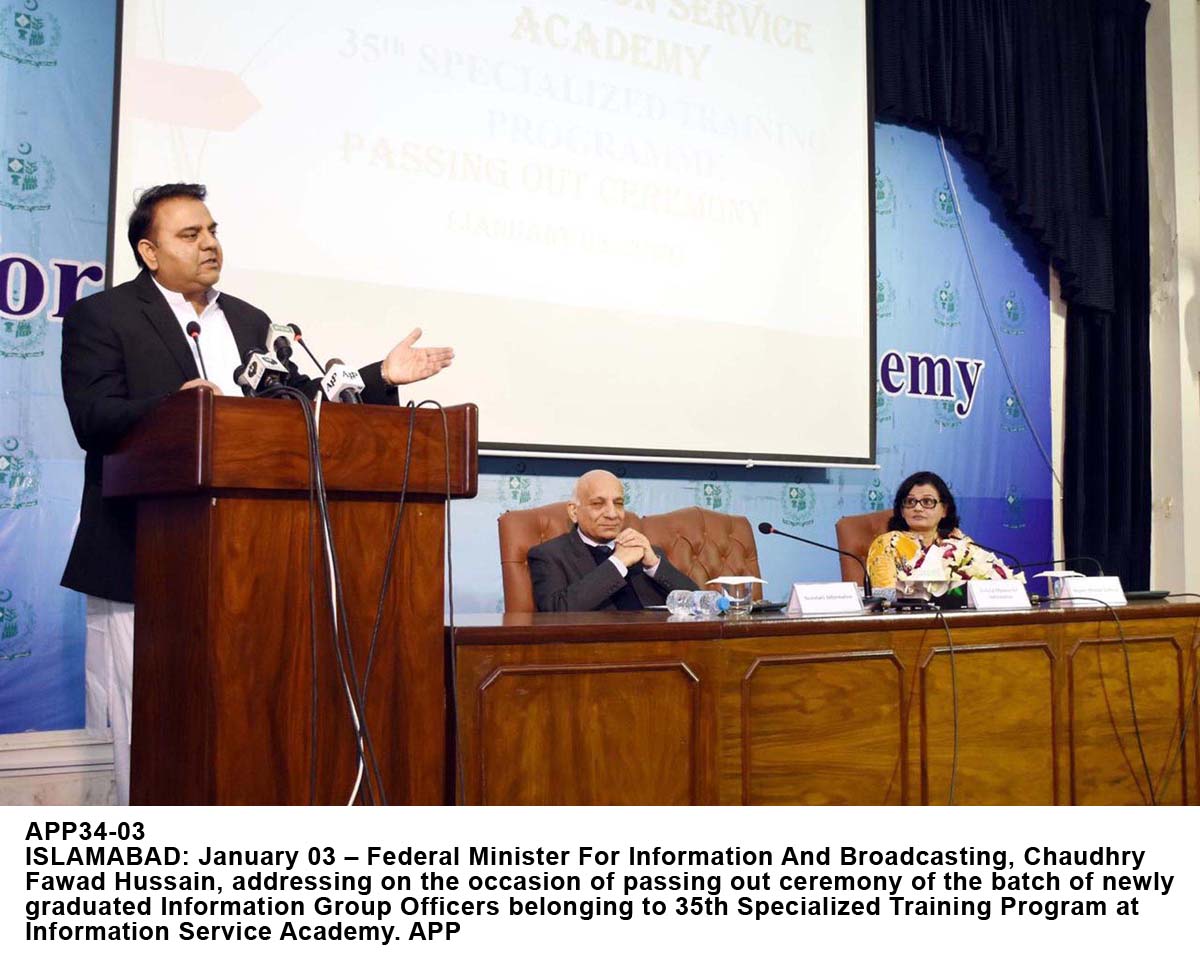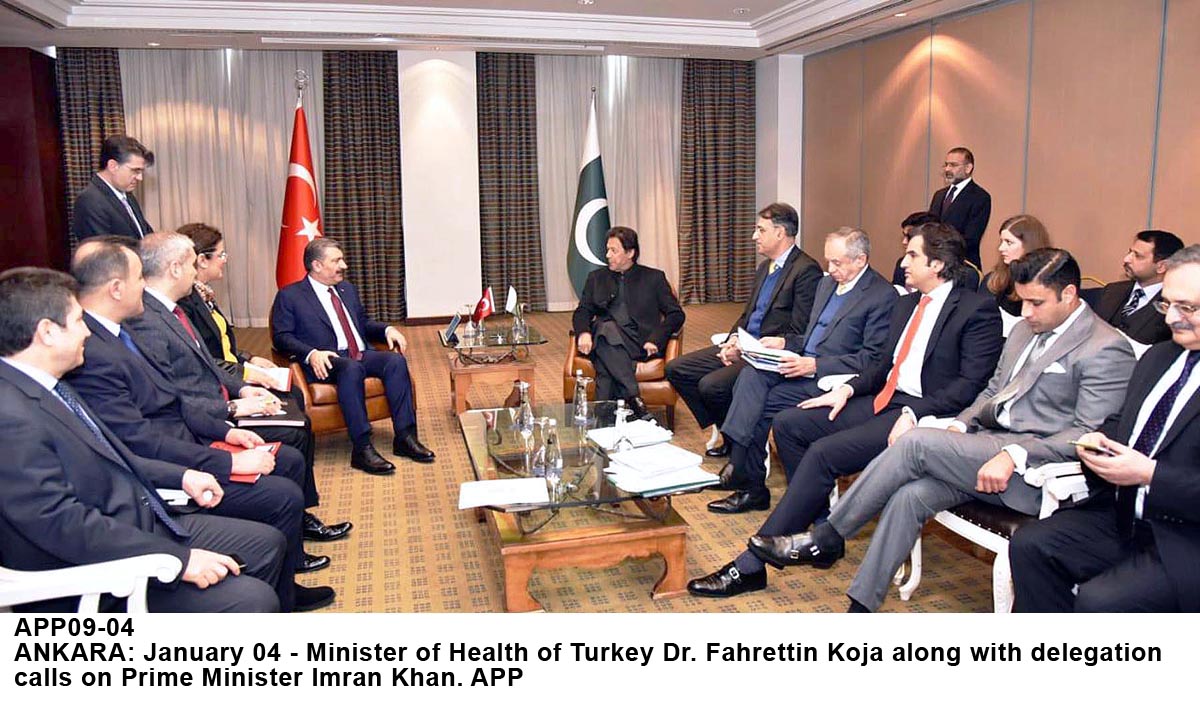
Zohra Shah was taken to a hospital in Rawalpindi on May 31 with serious injuries, and she died soon afterwards. Police have arrested the girl’s employers, a couple, over her killing.
Following an outpouring of anger on social media about Shah’s death, the country’s human rights ministry said it would work to ensure her killers were brought to justice. “We will have a better picture once the (police) investigation is complete,” Fauzia Chaudhry, a lawyer at the ministry, told the Thomson Reuters Foundation by phone. “Once we know for sure, we will take action,” she said.
Minister for Human Rights Shireen Mazari tweeted on June 3 that the ministry had proposed amending a child labour law to classify domestic work as a ‘hazardous occupation’.
That would mean children could not legally be employed as maids or other household staff.
It is illegal for children to work in factories and other industries in Pakistan, but there are still about 12 million child workers in the country, said Sajjad Cheema, executive director of Pakistani NGO Society for the Protection of the Rights of the Child (SPARC).
Many work as domestic staff in private homes, making it more difficult for authorities to detect. Extreme poverty pushes many families to send their children to work, Chaudhry said.
“In Shah’s case, the parents were so poor they were reluctant to take their child’s body back to the village as they did not have enough money for the ambulance or funeral rites,” she said, adding that the government has arranged to cover the costs.
Rabiya Javeri Agha, federal secretary at the rights ministry, said contradictions within the country’s constitution about the legal age must be addressed in order to protect children from violence at the hand of employers. “There needs to be legal and constitutional clarity on the age of the child,” she said, highlighting several sections of the country’s constitution and penal code that needed revisiting. She highlighted the ministry’s role in amending a law to make ‘cruelty to a child’ a penal offence, but said more remained to be done. “Beyond legislation, however, there is an urgent need to change our culture of discipline through corporal punishments – both at home and in schools,” she added.
The government lawyer, Chaudhry, drew a parallel between Shah’s death and a 2016 case involving a 10-year-old maid who was tortured by her employers, a judge and his wife. After the human rights ministry took up the case, the judge was barred from legal practice. The three-year jail term imposed on him and his wife was later reduced to one year, however.
The right-year-old girl illegally employed as a maid had been killed by her employers in Rawalpindi for letting their pet parrots escape, police say. Zohra opened a parrot cage to feed the birds but they flew away, according to Rawalpindi police superintendent Ziauddin. As punishment, Zohra’s employers, who run a business buying and selling animals, beat her unconscious before abandoning her at a local hospital, where she died on Monday. The hospital called the police, and two suspects have now been arrested.
An initial police investigation, known locally as a first information report (FIR), said, “The victim was brought to the hospital and was still alive. She had injuries on her face, hands, below her rib cage and legs. She also had wounds on her thighs, which suggested that she might have been sexually assaulted.”
Police have been allowed to detain the suspects on remand for three days while they investigate and gather evidence about the allegations in the FIR. They have sent samples for forensic examination and are currently awaiting results. The suspects will not be formally charged until the investigation has been completed.
Zohra was employed to look after the family’s toddler, and in return they offered to paid for her education.
Pakistan has a huge problem with child labor, according to a 2018 report by the Human Rights Commission of Pakistan (HRCP), which estimated that some 12 million children were working in the country.
While Pakistan does not have a national legal minimum age for employment, the law prohibits minors from working as domestic servants.













